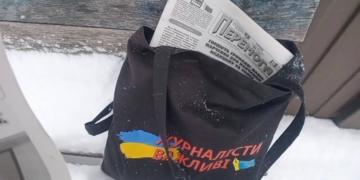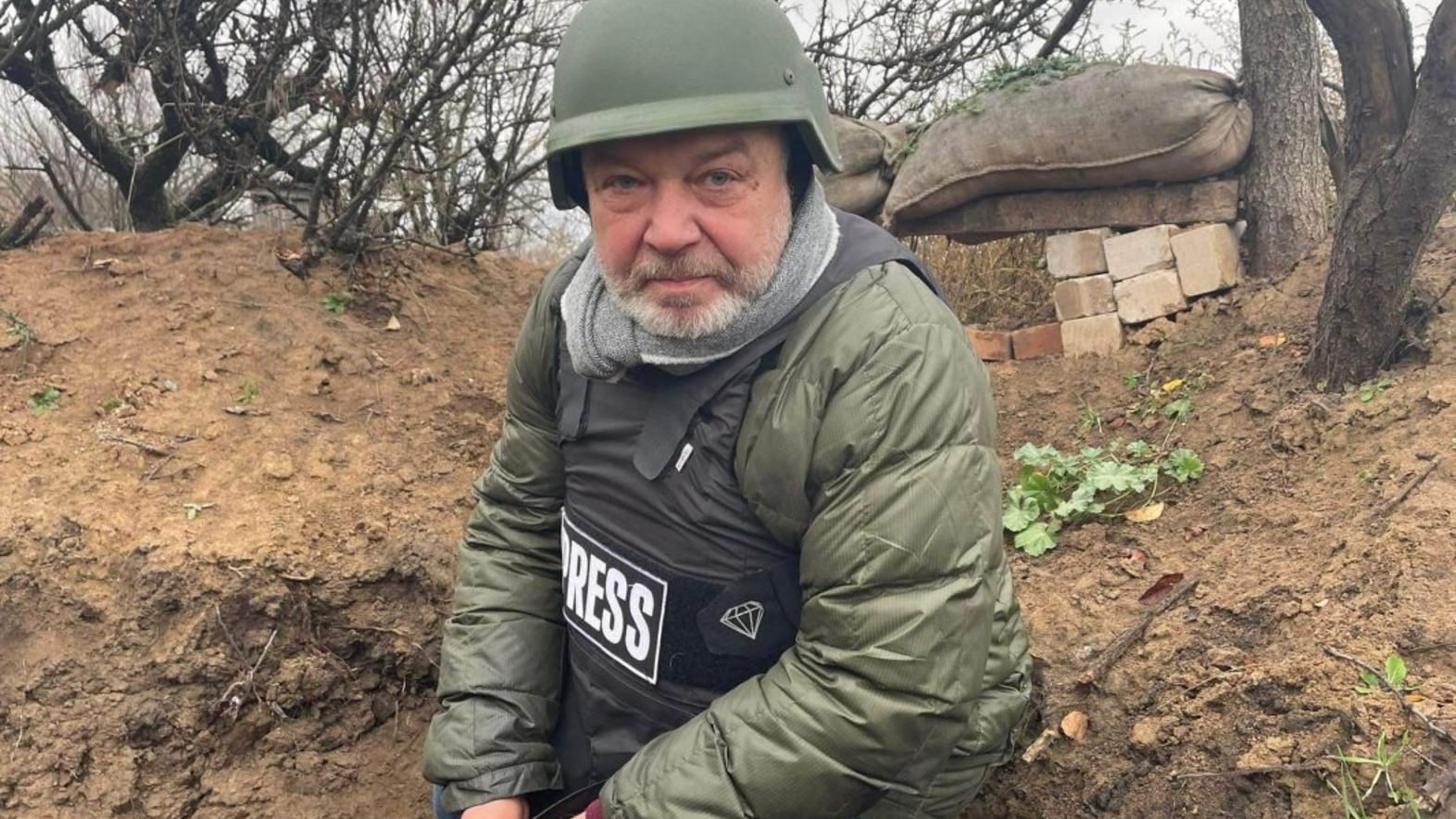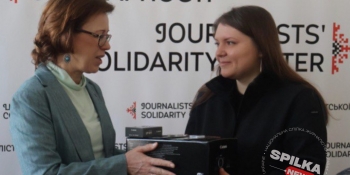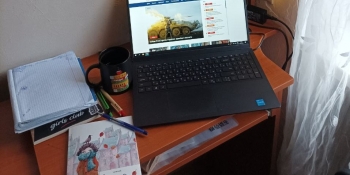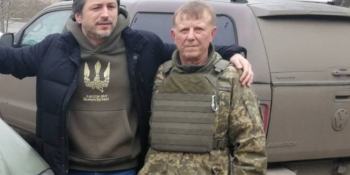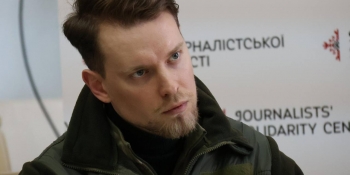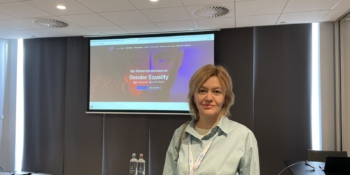Oleksandr Pavlov was the editor of several national and regional newspapers and magazines. In the past, he founded his own business magazine called Svoi [Own]. He worked as a press secretary for two heads of the Zaporizhzhia Regional State Administration. He was a producer of documentaries about the European integration of Ukraine. Since the beginning of the war, he has been working for the Finnish newspaper Iltalehti, visited all the hot spots of the front. The material about the colleague was published on the website Vysokyi Zamok within the framework of the initiative of the National Union of Journalists of Ukraine (NUJU) entitled Journalists are Important!
The journalist started working with a Finnish newspaper in 2014. There, he wrote about the war in Donbas. When the full-scale Russian invasion of Ukraine began, he continued working for the newspaper as its own correspondent. According to him, since February 24, the attention of the international media has been focused on Ukraine.
“When the full-scale war started, I put all my projects on hold. Finnish colleagues did not have a military journalist in Ukraine, and I offered them cooperation. On February 25, I left Zaporizhzhia for Kyiv. I have been writing materials for the Finnish newspaper for 9 months. A few articles have appeared in the French mass media. In total, I have written 55 materials, 80% of which were dedicated to the war. During this time, I have visited Donbas eight times, and the Kharkiv Region eight times. I visited the Donetsk Region for the first time in April. It was the town of Kramatorsk, when the Russians bombed the station. Then there were Bakhmut, Sloviyansk, Toretsk, Sievierodonetsk, Lysychansk, and Lyman,” Oleksandr Pavlov said this to a Vysokyi Zamok journalist.
He notes that many foreign journalists are not always oriented in Ukrainian topics, in our politics. It is required to conduct a kind of political information classes for hours. At the same time, you cannot impose your opinion – a journalist must have a skill of understanding everything. People who work as spotters are the eyes and ears of foreign media. This work pays well, but my main motivation is that the world should see an objective picture of everything that is happening in Ukraine.
Large television companies pay a lot of attention to the safety of their employees, he says. A journalist and cameraman are usually accompanied by a driver and a security guard. Usually, those are former special forces troopers.
“Once in the Zaporizhzhia Region, we were tracked by the Russian Orlan drone, which cannot be heard in high flight. It was hard not to notice a huge Land Rover in an empty village a kilometer from the Russian positions… On the way back, enemy artillery began firing at us. The press service officer, who was with us, decided to slow us down as if he felt something with his own butt. When we reduced the speed, we saw that a projectile landed 300 meters from us. If we had been going at a previous speed, we would have appeared straight in the center of the explosion… We were lucky! War is scary. I, for instance, do not hide this emotion. I am afraid to go to the front every time. Only fools are not afraid. But, I learned to treat these trips as my working duty.”
As earlier reported, the initiative called Journalists are Important! aims to tell a wide audience about the value of the work of media workers, the risks and challenges faced by media workers who cover the truth.





